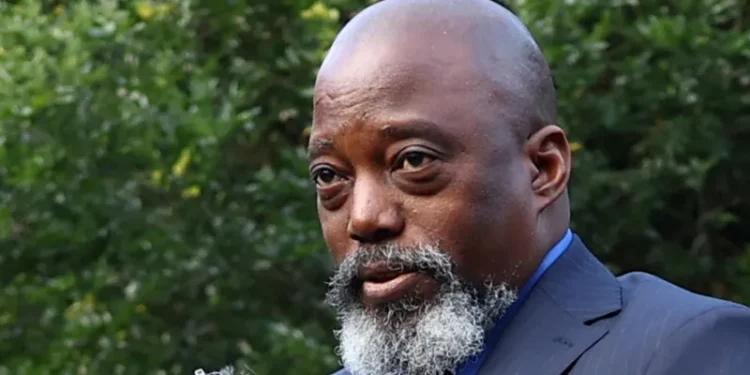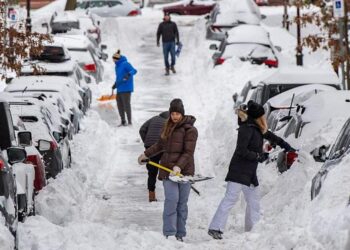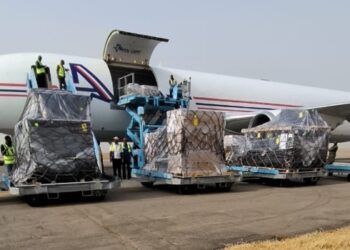By Enyichukwu Enemanna
Former President of the Democratic Republic of Congo, Joseph Kabila, has come under trial in a military court in the capital, Kinshasa in connection with allegation of treason.
Kabila is also being prosecuted over other charges, including murder, linked to his alleged support for M23 group, which holds control of larger part of the mineral-rich eastern region of the country.
Kabila, who ruled the East African country for 18 years, has denied the allegations and failed to appear in court on Friday for the hearing.
His successor, President Félix Tshisekedi, has accused him of being the brains behind the rebels largely believed to have the backing of Rwanda.
The former President has dismissed the case, calling it “arbitrary” and said the courts were being used as an “instrument of oppression”.
Heritage Times HT had reported that a ceasefire deal was last week struck between the rebels and the government, but fighting has continued.
In the last two years, Kabila has been on self-imposed exile in South Africa. He returned in May and lived in the rebel-held city of Goma, in eastern DR Congo, raising suspicion over his alliance with the group.
In May, the Senate withdrew Kabila’s immunity as senator for life, clearing the way for his criminal prosecution in connection with alleged treason, murder, taking part in an insurrectionist movement, and forceful occupation of Goma.
Kabila, 53, took over power at the age of 29 in 2001 following the assassination of his father, Laurent.
He handed power to President Félix Tshisekedi following a disputed election in 2019, but they later fell out.
In a now-deleted YouTube video released in May, Kabila lashed out at the Congolese government, calling it a “dictatorship”, and said there was a “decline of democracy” in the country.
Ahead of Kabila’s trial, his close ally, Ferdinand Kambere had accused the government of “double standards”.
He accused Tshisekedi’s administration of being too soft in its peace deal but too hard on Kabila, adding that the trial was a way to exclude Kabila from the country’s politics.



































